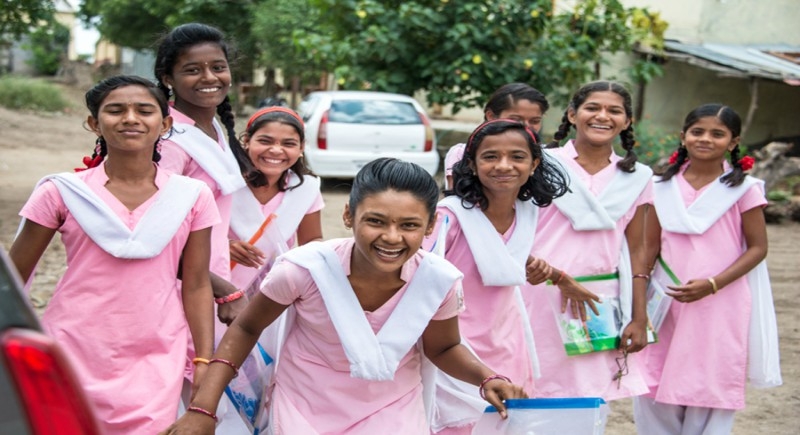'Asmita Yojana ' gains momentum, encourages masses to sponsor sanitary napkins to rural women and girls
Mumbai, February 22: Compelling the idea of providing sanitary napkins to the adolescent girls and women of rural areas at subsidized rate through Asmita Yojana, the State government is garnering a lot of appreciation. Building a good rapport and creating a good example through this scheme many girls and women are seen benefitted.

Through the strong medium of social media, State Minister of Women and Child Development, Pankaja Munde tweeted that the Astima Yojana has benefitted many girls and also encouraged the people to contribute in this noble initiative. Further she even informed the website through which people can contribute their share.
Until now it is seen that Pankaja Munde along with Chief Minister Devendra Fadnavis has sponsored 151 and 150 girls respectively with sanitary napkins.
If you want to share your contribution in this noble initiative please visit
https://mahaasmita.mahaonline.gov.in/